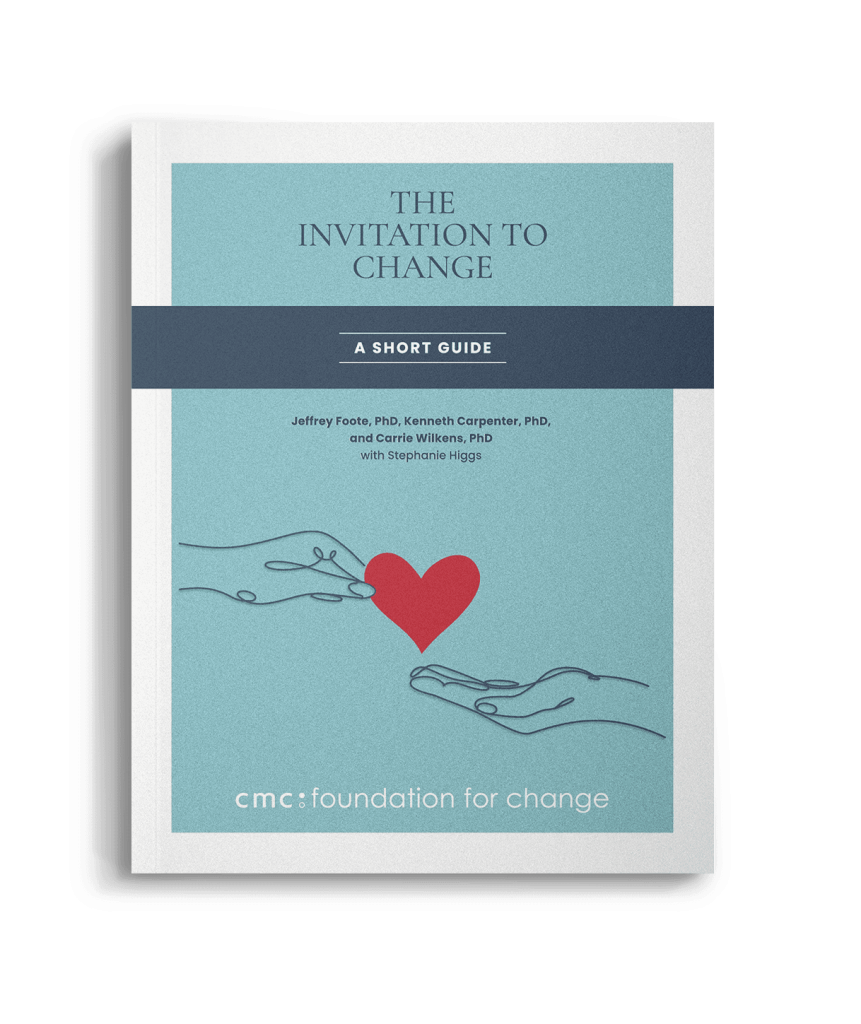If you love someone with a substance use problem, worry, frustration, and feelings of helplessness probably consume large amounts of your time and energy. As you focus on your partner, taking care of yourself probably falls to the bottom of your list, if it makes the list at all. You might reason that you and your family will feel better when your partner gets better, so it makes sense to prioritize his needs at your (and perhaps the rest of the family’s) expense for now. This impulse to suspend paying attention to your own health and happiness is understandable but is likely to cause more problems than you realize if it causes you to be reactive, anxious, or easily frustrated. Your partner is struggling with a variety of issues and your ability to stay mostly calm and optimistic will help both of you. It will also help if you are sleeping, eating well, and finding some comfort and joy in your life. And it helps if you don’t hang your wellbeing on his or have your health and outlook on life be dependent on the choices your partner makes.
Taking care of yourself is vital to helping your partner and the rest of your family. Try to resist the impulse to put your life on hold and live only in emergency/panic mode. How can you possibly go to a movie when you’re worried that your partner might be out at the bar again?! Well, what if taking a break from worrying is the most helpful thing you could do right now, and you can learn how?
Remember the safety announcement on planes before takeoff: secure your own oxygen mask first before you help someone else. This is for the benefit of the whole group. Helping works the same way on the ground. You need a certain amount of “oxygen” (sleep, nutrition, exercise, socializing, and fun) to sustain you as you help your partner. Without attention to your own needs, you risk collapsing before you manage to help. Even if you stay standing, you won’t be able to think, plan, act, and troubleshoot as effectively as you can when you’re healthy, optimistic, and resilient. The strategies suggested in the CRAFT approach require that you approach problems with clarity and consistency, which is nearly impossible to do if you are physically or emotionally exhausted.
What is Resilience?
Resilience is how you “roll with” life; it’s how you adapt to change and what flexibility and creativity you can muster for solving problems. It is the point of self-care and without resilience, over time, you become less able to tolerate disappointments with your partner without sinking into despair or lashing back with anger. As you try to help your partner change, tension with your partner will likely rise (if their desire to change is low or as they struggle to change, etc.). If you react to that tension with high emotion (anger, despair, panic), it will make it harder for you to be an effective helper and make your partner more resistant to being helped.
Depending on the severity of your situation, you may not feel like there’s room for anything other than reacting to the latest crisis. We encourage you to look at it another way – you can’t afford not to take care of yourself. Though people sometimes change “overnight,” it usually takes longer. Even when there’s an Ah-Ha moment, the real work of sustaining change is ongoing (if you’ve ever made a New Year’s resolution, you know this). Helping your partner change her relationship to substances will likely be a long-term project that’s better approached as a marathon rather than a sprint. You’ll need to keep up your energy reserves and pace yourself. You’ll need to prepare for hills, weather, and competition. Even if your situation improves fairly quickly—and we hope it does—you’ll be more helpful if you bring your best self to it. It’s not “touchy-feely” to take care of yourself; it’s tactical.
Next Page: Managing Negative Emotions


